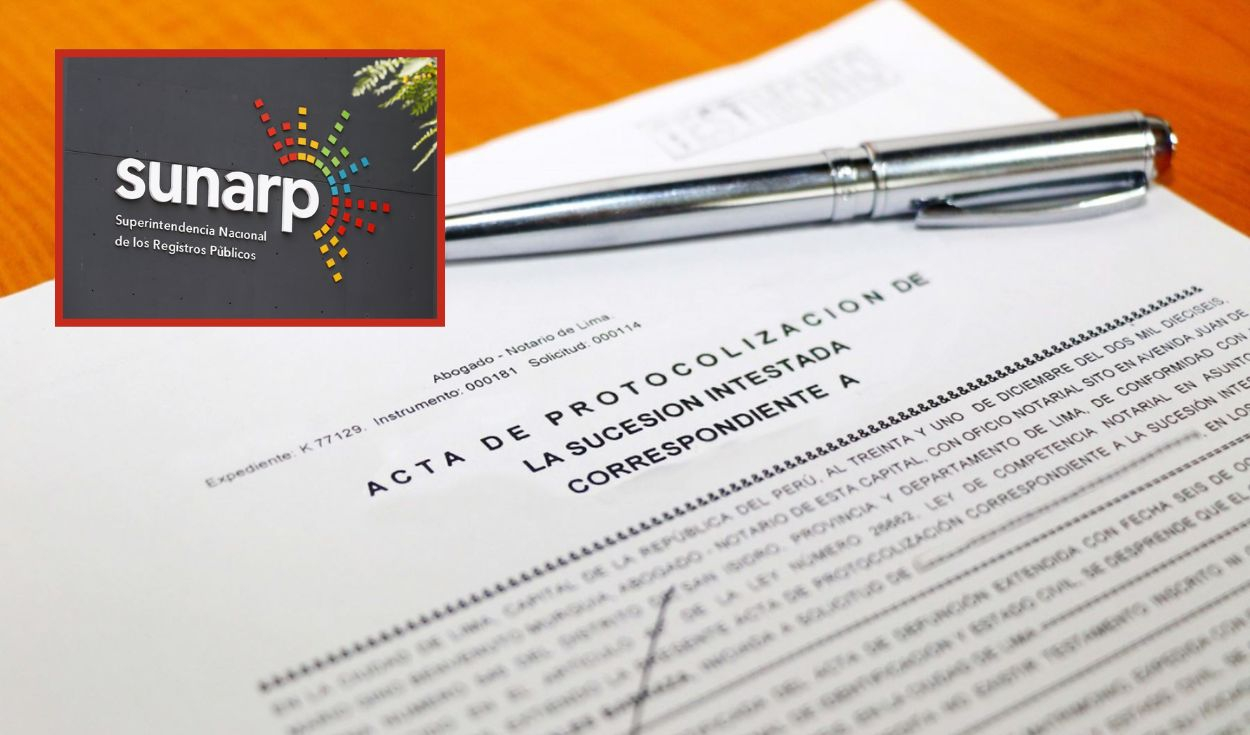
Losing a loved one is a long and painful process. Grief and grief can be significant; However, there are legal processes that must be completed in the event that the deceased person presents suitable family members to inherit His properties. One of the problems that could arise is disagreements between the bereaved themselves, in this particular example, between siblings. Upon the death of both parents, according to the law, it is the children who receive the properties of their parents; nevertheless, This does not apply in all cases..
To answer this question, The Republic Experts were contacted who provided their opinion based on current Peruvian legislation. José Antonio de Pierola Valerga, partner of Pierola Pizarro & Barrón Abogados and specialist in Civil Law and succession matters, points out that, in the event of the death of one of the parents, the first order of succession is the children and their descendants. Secondly, there are the ascending relatives; for example, parents.
In case of family fights, can my brother keep my parents’ house?
Francisco Barrón Velis, partner at DPP Abogados and professor of estate restructuring at ESAN, points out that all heirs receive the properties in equal shares. That is, all the children, in this case, become co-owners of the assets. The lawyer also claims that the only way for this partnership to end is reach an agreement between all partieswhich would put an end to the co-ownership between them.
What happens if only one property is inherited and there are several siblings?
Both Barrón and De Pierola affirm that housing, a property used as an example for this exercise in question, must be distributed proportionally among all siblings.
In what cases can children not receive the inheritance from their parents?
One of the reasons why a child cannot receive the proportion that would correspond to him as an heir is in the Probate. In this figure, the testator is free to distribute a part of his assets at his discretion, but he must respect the minimum portion that the law reserves for forced heirs, and in the case of children it is two thirds of the assets. The remaining third remains as part of freely available for the testator.
Furthermore, there are circumstances contemplated by the Civil Code Peruvian law that allows children to be excluded from their parents’ inheritance. These can be applied before or after your death.
- Indignity: If a child has committed certain acts considered unworthy against the deceased (deceased) or his estate, such as attempts on his life, defaming him or denying him support, he may be excluded from the inheritance due to unworthiness. Article 667 of the Civil Code specifies the acts that can lead to this exclusion.
- Disinheritance: in serious cases, a testator can disinherit his children through a will if they have committed actions contrary to filial duty, such as denying him alimony. Disinheritance must be carried out explicitly and must comply with the requirements of the Civil Code.
- Premorience: If a child dies before the deceased, they cannot receive their inheritance directly. However, his own descendants (the deceased’s grandchildren) can receive it through the right of representation.
Source: Larepublica
Alia is a professional author and journalist, working at 247 news agency. She writes on various topics from economy news to general interest pieces, providing readers with relevant and informative content. With years of experience, she brings a unique perspective and in-depth analysis to her work.











